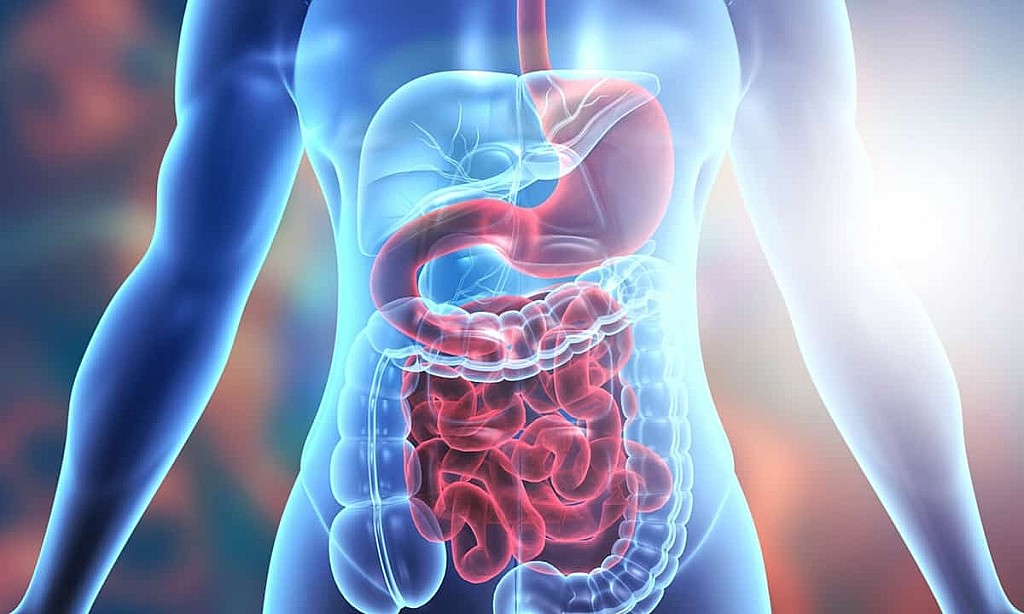S. Sean Suvanadesa , Thailand Oct 09, 2024
So I'd just recently written a post about the importance of gut health (which you can read here: https://www.globalfastfit.com/post/the-importance-of-gut-health-1 ) and wanted to follow up on some things you can do to keep your gut healthy as you age.
If you're expecting me to give dietary advice on what exactly you should and shouldn't be eating then look elsewhere for it. I don't believe in giving out that kind of advice, nor do I believe in giving advice on how to lose weight, build muscle, etc. Everyone's tolerances, and everyone's issues are all very individual. We're all also very different in how our body processes and metabolizes food. I've had people try to convince me to go vegan to deal with my gut problems and I already know that won't lead to anything but even more issues. That's not to say that being vegan is bad, but it is to say that being vegan isn't for everyone. That leads me to my first point:
1. Know yourself. Your body is incredibly vocal on what it likes and what it doesn't like. If you're consuming something and you're getting bloated, constipated, gassy afterward then you're probably doing your gut a disservice. It has to work extra hard because it's being forced to digest something that isn't normally easy for it to do so. Going back to the vegan point, if it works for you great, but I already know it doesn't work for me. My body naturally digests meat easily, but that won't be the case for everyone. Go with what's easy on your gut so it won't get overworked and keep working optimally well into old age.
2. Variety is the spice of life. Even if my gut digests meat easily that doesn't mean that's the only thing I consume. I try to keep everything as balanced as possible with what's available around me. I won't get into specifics as I don't want this to get too long, but when it comes to my own personal diet, I don't consume much fruit as I've never had a taste for it, but I do take in a lot of vegetables. One of the easiest ways that I know I'm getting the right kind of variety is that I don't eat vegetables of just one particular family. For instance if all I ever had was broccoli and cauliflower, then I'd only be consuming crucifers which would likely lead to deficiencies. I always eat from as many different families as I can, and then to make sure I get the right amount of vitamins and nutrients I'll try to eat vegetables of different color. Nature has been kind enough to color code our meals, so if all you're having is green, then you're probably not getting enough of what you need.
3. Moderation is key. I'd highly caution an excess of anything, especially if it's in the form of a vice. I'm not referring to just alcohol. When I stopped drinking I needed something to replace it so I turned to coffee. Even if coffee isn't as destructive as an overindulgence of alcohol can be, it'll lead to its own issues such as antagonizing stomach acids. So some people might find their answers at the end of a bottle, others from a bowl of ice cream, either way have anything and everything within reason to keep your gut from overworking itself to death.
4. Food quality matters. This is a tougher one because of accessibility, and it isn't just a matter of discipline. Still, if you're cooking yourself, or if you're eating out, then make sure however your food is sourced that it's properly stored, not covered in preservatives/pesticides, not expired, etc. Again, your body will tell you if something you've consumed isn't up to par in the quality department, so if you're sick, or if you're tired after eating something then you need to switch sources.
So just to recap, that's understanding what individually you can and can't handle, keeping your diet varied so you don't have any deficiencies, not consuming anything to excess whether it be caffeine, alcohol, sugar, etc., and make sure what you're eating is of the right quality. All of these things keep your gut from overworking and lead to an easier transmission of food to energy. There are still plenty of other things to cover, but these alone are enough to avoid a lot of some of the bigger gut related problems.
S. Sean Suvanadesa
3 months ago
@John I don't believe most of our internal organs are meant to be overworked or overtaxed. In the case of muscles, when they're overworked the fibers break down and then are repaired, becoming larger and adapting to the heavier workload. The nervous system is also adapting to the increased physical workload.
But your other internal organs, don't have the same adaptive ability because of the damage that gets caused to them from things that they don't tolerate. If they don't tolerate something then they have to work harder to keep your body functioning optimally. Once they do this for too long a time then vessels within them get damaged and they don't function nearly as well due to wear and tear, forcing other organs to have to work harder to compensate.
John F. Groom
3 months ago
I find the issue of "overworking the gut" to be interesting; I assume that the gut, unlike the muscular system, does not respond well to being overworked? On the other hand, both the cardio system and the muscular system, even joints, adapt to increased loads and get stronger if the increases in load are gradual over time.
John F. Groom
3 months ago
I like this line "Nature has been kind enough to color code our meals, so if all you're having is green, then you're probably not getting enough of what you need."
 Login with Google
Login with Google

Login to Comment